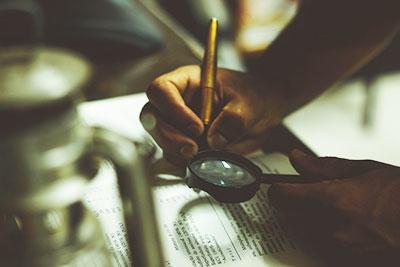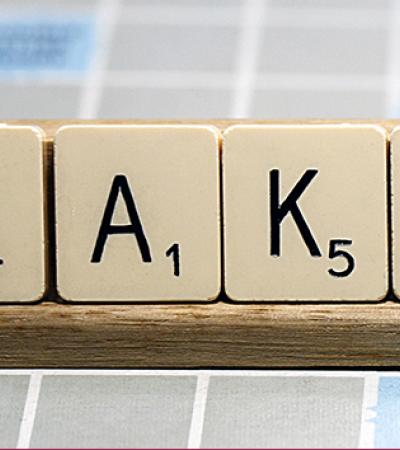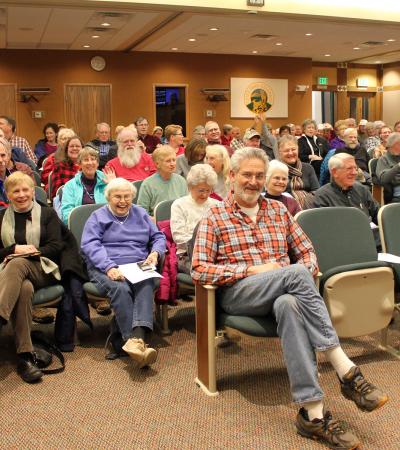Do you ever feel like you have slipped into an episode of "The Twilight Zone" or "The X-Files" when you see some of the “facts” your students share? Do you wonder where they found these “facts,” or how to convince students that they might not be using the most reliable of resources?

Think back to the fall 2017: How many times did you open your Facebook or Twitter feed and see that friends and acquaintances had posted articles with headlines like “Flight Crew Takes a Knee, Leaving New Orleans Saints Stranded” or “Plastic Surgeon Develops High Heel Foot Surgery,” purporting that one could have their feet surgically altered to look like high heels?
How many of you rolled your eyes and scrolled patiently past the post? Inside your head, though, were you silently questioning why you were friends with a person who didn’t question validity or accuracy? Or did you take a moment to check the facts and then comment on the post with the accurate information?
Librarians and fact-checker websites to the rescue!
If adults fall prey to fake news, consider how our students are inundated with these inaccurate stories. They hear them on social media, from friends and family, and they often willingly believe them without taking the time to see if they are true.
You can help by challenging your students to use fact-checker websites and to question accuracy when looking for information online. Overhear a student sharing something that might be less than true? Try gently suggesting that you assist the student in fact-checking.
You could also offer links to fact-checking sites on your library web page. There are great (free and printable) posters online that advertise the most common fact-checking sites and offer tips for becoming what Common Sense Media refers to as a Deception Detective. A student-friendly poster is available as part of the Fact-Checking the Web unit from Common Sense Media.
Fact-checking resources
With all the half-truths, false claims and downright lies that circulate the internet daily, arm your students with the ability to pause, stop and check for accuracy. Fact-checking programming in our libraries is more important than ever, and these sites can help.
- FactCheck.org: Great for high school students who are fact-checking politics.
- Snopes: Probably the most well-known of fact-checking websites. Use some caution as headlines can sometimes have mature themes.
- Hoax Slayer: This site operates very similarly to Snopes. Like Snopes, use caution with younger students, as there can be mature headlines. Hoax Slayer focuses on email hoaxes and social media hoaxes.
- OpenSecrets.org: Focus is on political spending. There are unmoderated comments on the site, so use caution with younger students.
- Politifact: A nonpartisan fact-checking website that evaluates the accuracy of political statements.
- Poynter: A news site focused on analyzing coverage from various sources. It was not specifically created for kids/teens, but the content contains great newsworthy analysis.
Trustworthy news and information sources
In addition to refuting fake news, it's important to offer student-friendly sites to help young people find accurate news to begin with. Here are a few we like.
- The Learning Network: New York Times blog (free)
- Newsela: Multiple reading levels; content focuses on science, social studies and current events (free and paid versions)
- Scholastic News: Kid-friendly news site (available by subscription)
- Tween Tribune: Despite the “tween” in the title, this site has news for kids, tweens and teens and is curated by the Smithsonian (free)
- And of course … databases!
Do you have other favorite resources? Share them in the comments.



